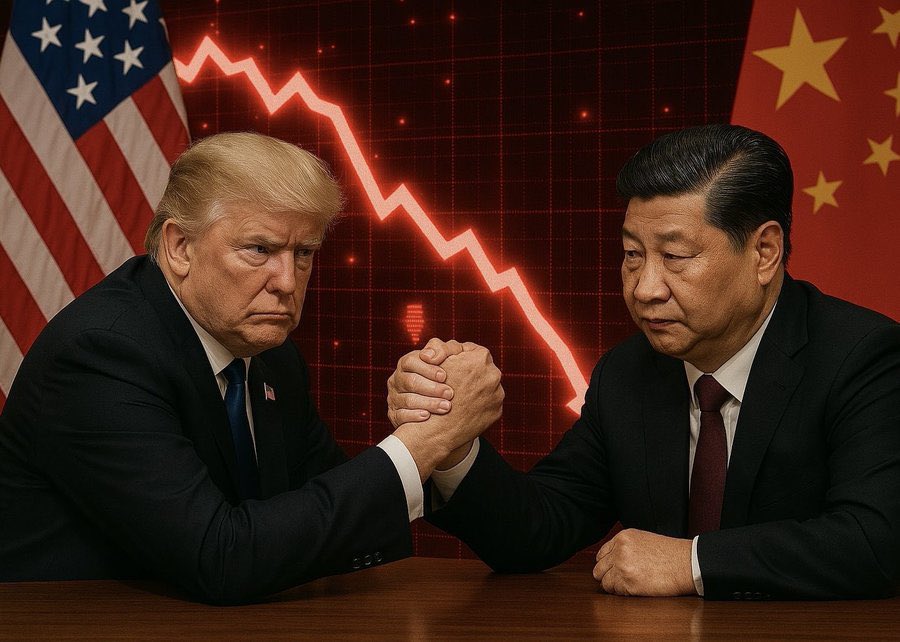Tensions between the U.S. and China have flared once again, with Beijing issuing a scathing response to former President Donald Trump’s ongoing trade war policies. Labeling the American approach as “shameless,” Chinese officials have warned that Washington’s aggressive tariff strategy is not only misguided but could also prove damaging to its own economy.
The statement reflects growing frustration in Beijing over a series of tariffs imposed by the Trump administration during his presidency, which were aimed at reducing the U.S. trade deficit and pressuring China over issues like intellectual property and market access. While the intention was to protect American industries, China argues that the measures have disrupted global supply chains and hurt both nations’ economies.
Beijing maintains that such unilateral moves undermine international trade norms and create instability in global markets. Chinese economists point out that higher tariffs often lead to increased costs for American consumers and businesses, potentially weakening domestic growth and investor confidence in the U.S.
The strong rhetoric signals that China has no intention of backing down. Instead, it is positioning itself as a defender of global trade cooperation and pushing back against what it sees as protectionist tactics.
As trade tensions continue to simmer, the broader implications for global markets, diplomatic relations, and economic growth remain uncertain. One thing is clear — neither side appears ready to yield ground, and the consequences of this standoff may be felt far beyond just Beijing and Washington.

